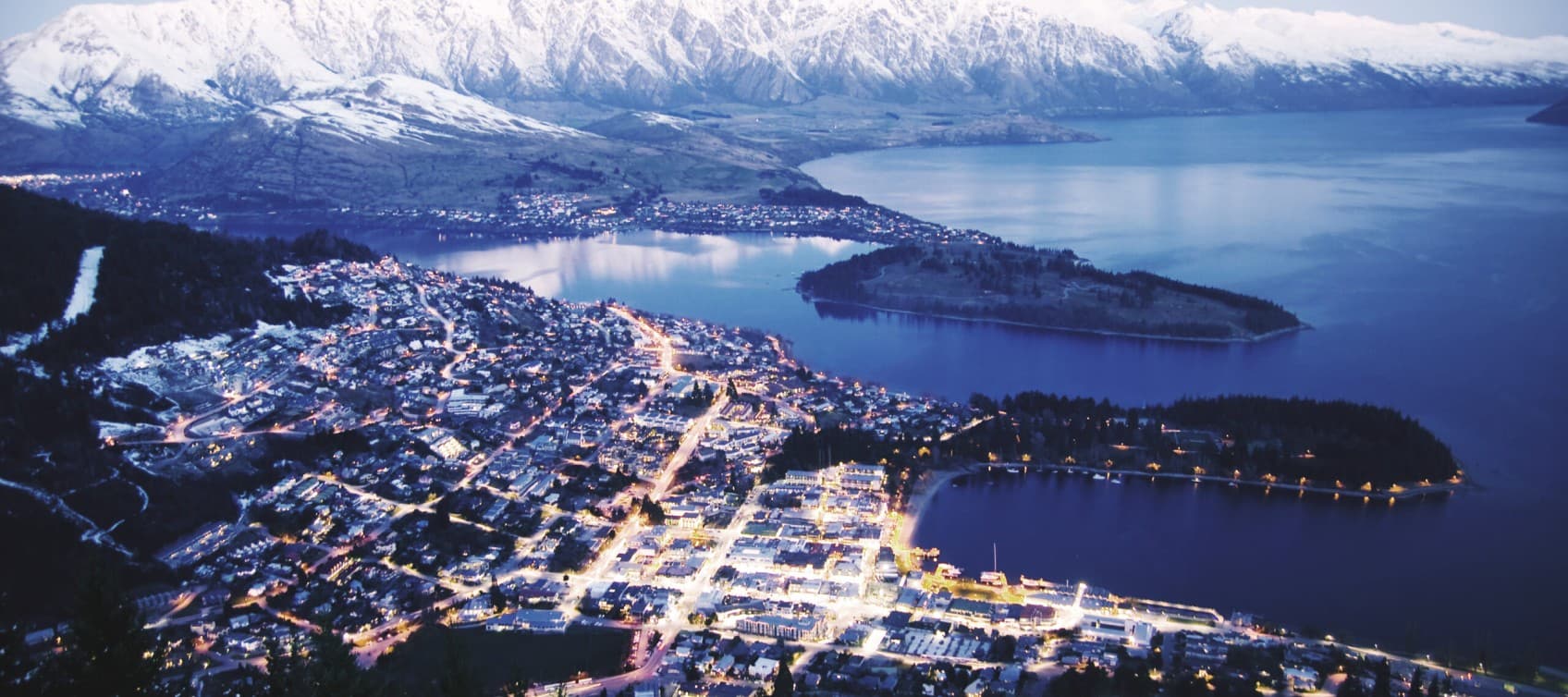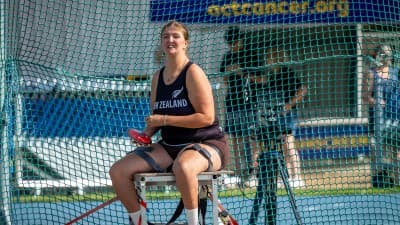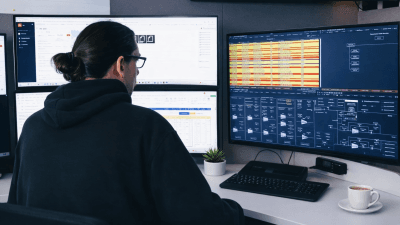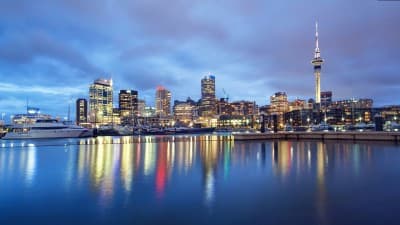Clarus (formally Firstgas Group) believes gas has a big part to play in New Zealand’s energy future. Thanks to extensive research and close monitoring of international efforts, we’re planning our route towards distributing cleaner, more energy efficient renewable gas – and to ultimately helping New Zealand reach its net zero-carbon goal by 2050.
Planning for a renewable gas future
 In 2022 we established our Future Fuels team as part of our commitment to the further development and delivery of our Renewable Fuels strategy.
In 2022 we established our Future Fuels team as part of our commitment to the further development and delivery of our Renewable Fuels strategy.
We’re supporting the development of New Zealand’s first large-scale biogas upgrading facility at Ecogas’ Organics Processing Facility. The state of the art facility is on track to start transforming food waste into renewable gas that can be flowed through our pipeline network in Q2 2024.
We are also planning a hydrogen blending trial to see how our existing gas infrastructure can be used to transport green hydrogen, in the future.
Visit www.gasischanging.co.nz for more details.
We are a member of the Climate Leaders Coalition
Clarus (formally Firstgas Group) is a member of the Climate Leaders Coalition (CLC) of New Zealand and we are one of many organisations around the country who have committed to taking voluntary action on climate change.
Clarus (formally Firstgas) is committed to reducing our emissions by at least 30 percent by 2030. Each year we measure our greenhouse gas emissions to ensure we are aligning with the CLC Statement of Ambition and our commitments to our emissions reduction targets.
Measuring and understanding our emissions is important to understand not only what they are, but also which parts of our business we can tackle to provide the biggest reduction contribution for New Zealand.
We’re continuously striving to improve our systems to better understand our emissions profile and to ensure our emissions reduction planning and strategic investments make a long-term difference.
ZEVAC technology reducing Firstgas’carbon footprint
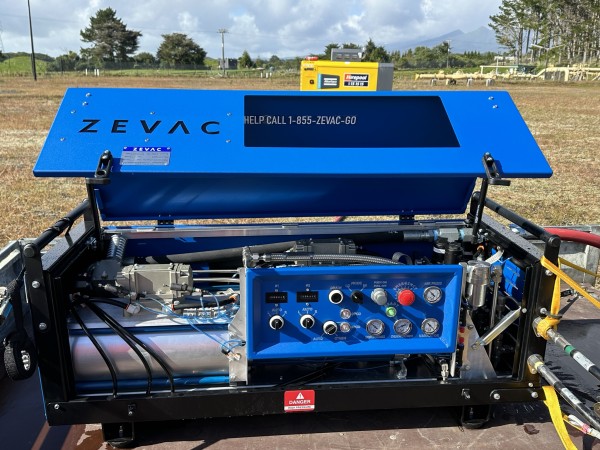 The Firstgas Transmission team acquired a ZEVAC Compressor in early 2023. It’s an air powered vacuum that captures gas, compresses it and then sends it back into the pipeline, avoiding venting gas into the atmosphere.
The Firstgas Transmission team acquired a ZEVAC Compressor in early 2023. It’s an air powered vacuum that captures gas, compresses it and then sends it back into the pipeline, avoiding venting gas into the atmosphere.
We expect the ZEVAC to save up to 35 tonnes of carbon emissions each year within our planned maintenance work.
Firstgas already owns a smaller ZEVAC compressor that has been used by our gas distribution business since mid-2022. However, this new ZEVAC unit is capable of dealing with much higher pressures and gas volumes experienced in the Transmission system.
Leak detection vehicles helping to reduce emissions
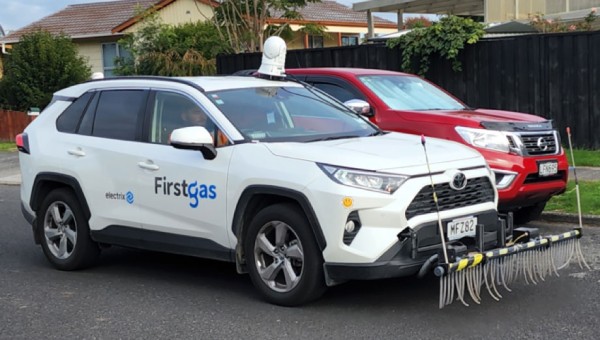 In 2022 Firstgas made improvements to our leak detection system with the arrival of our leak detection vehicle, SELMA (Street Evaluating Laser Methane Assessment).
In 2022 Firstgas made improvements to our leak detection system with the arrival of our leak detection vehicle, SELMA (Street Evaluating Laser Methane Assessment).
This vehicle is helping Firstgas to improve the safety and reliability of our pipeline distribution networks and respond to leaks quickly, which lowers our emissions at the same time.
We added a second SELMA vehicle to our fleet in 2023 and are also collaborating with Powerco and Vector to share knowledge about this technology, as we work together towards a sustainable energy future.
Our emissions profile
Clarus' (formally Firstgas Group) combined Category 1-4 emissions increased in 2022. The main contributing factor being emissions associated with emergency repairs to the Maui Pipeline and improvements in reporting across the business. A significant decrease in Scope 3 (Category 5-6) emissions was reported which is associated with a decline in the demand on natural gas.
As part of our ongoing work to reduce emissions we continue to look at everything we can do to eliminate, and where that’s currently not possible, to minimise, our operational emissions. We have several initiatives underway that will reduce our direct emissions intensity over the next 2-3 years while also investing in renewable gas alternatives to support New Zealand’s target of net zero carbon emissions by 2050.
Summary of our Emissions Inventory: (ISO 14064-1:2018 Greenhouse Gases)


